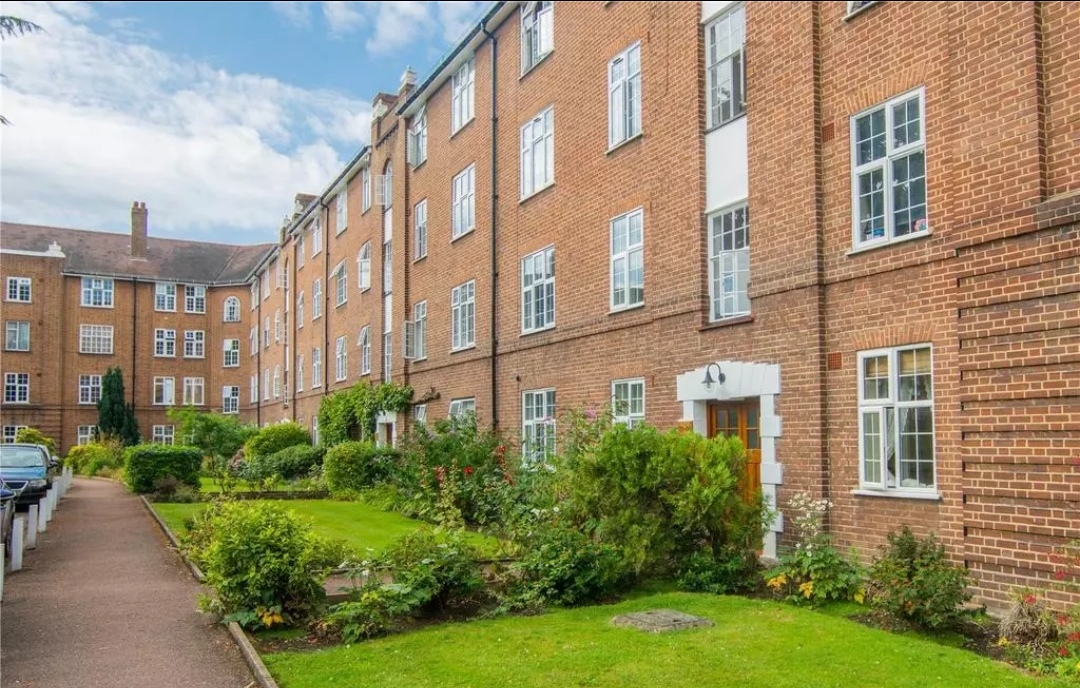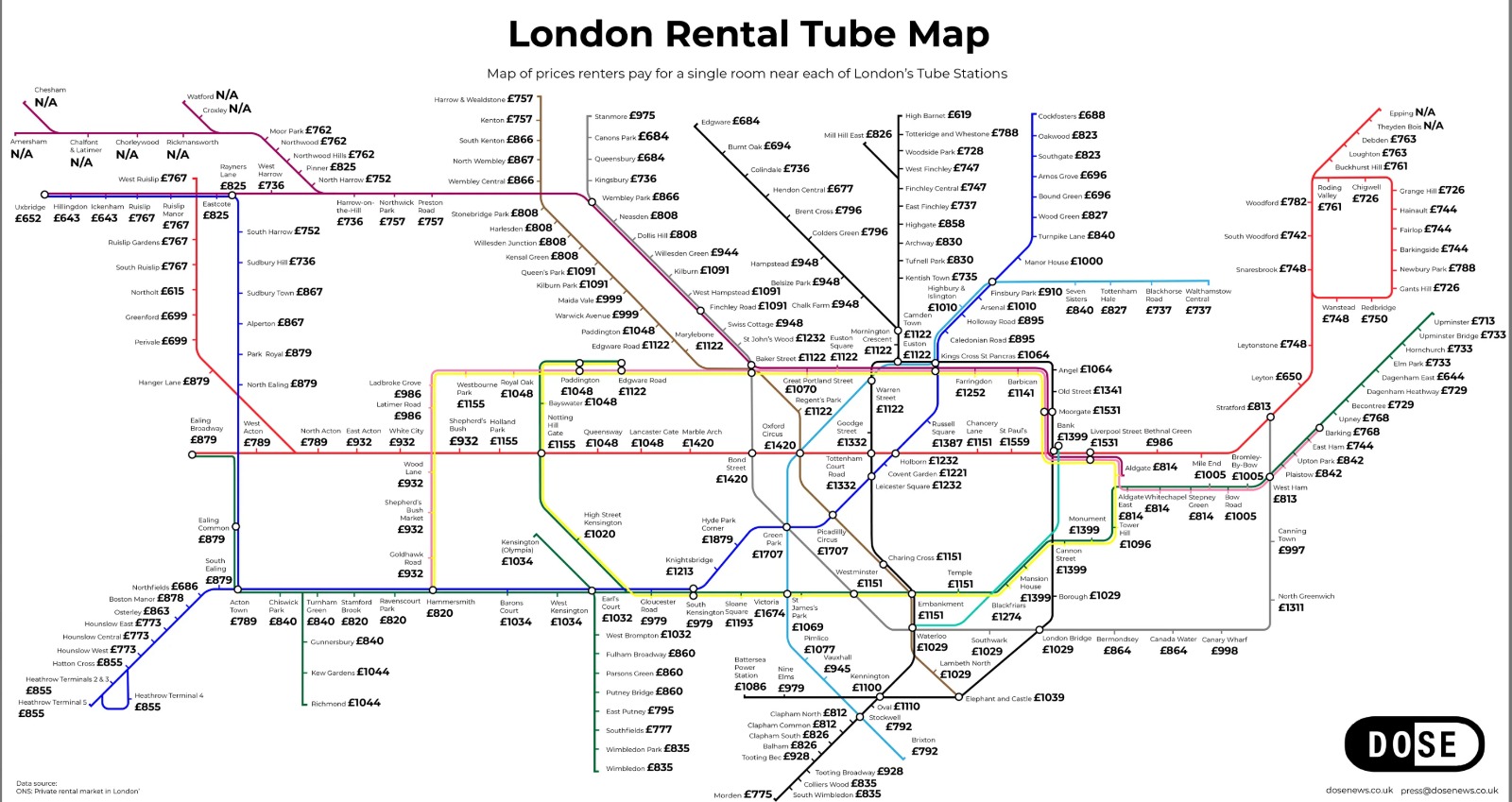As young adults transition into adulthood, navigating the complexities of independent living can be both exciting and daunting. For individuals with disabilities, mental health challenges, or other support needs, the journey towards independence may require additional assistance and resources. Supported living arrangements in the UK offer a pathway to autonomy, choice, and inclusion for young adults, empowering them to live fulfilling lives within their communities. In this blog, we'll explore the various aspects of supported living arrangements tailored specifically for young adults in the UK.
Understanding Supported Living for Young Adults:
Supported living for young adults encompasses a range of housing options designed to meet the unique needs and aspirations of individuals transitioning into adulthood. These arrangements prioritize independence, self-determination, and community integration while providing tailored support services to facilitate a v transition to independent living. Whether living in shared accommodation, supported apartments, or participating in shared lives schemes, young adults have the opportunity to develop essential life skills, build social connections, and pursue their goals with confidence.
Benefits of Supported Living for Young Adults:
Independence: Supported living empowers young adults to take control of their lives and make decisions about their living arrangements, daily routines, and future aspirations.
Skill Development: Supported living arrangements offer opportunities for young adults to develop essential life skills such as budgeting, cooking, household management, and social interaction.
Social Inclusion: Living in a supportive community environment encourages young adults to participate in social activities, build friendships, and develop a sense of belonging.
Personalized Support: Supported living services are tailored to the individual needs and preferences of each young adult, ensuring that they receive the right level of support to thrive.
Transition Support: Supported living providers offer transition planning and support services to help young adults navigate the move from adolescence to adulthood with confidence and ease.
Types of Supported Living Arrangements for Young Adults:
Shared Housing: Young adults may choose to live in shared accommodation with peers who have similar support needs. Shared housing offers opportunities for social interaction, peer support, and community engagement.
Supported Apartments: Supported apartments provide young adults with the opportunity to live independently in their own self-contained units while receiving onsite support as needed. This arrangement promotes autonomy and self-reliance while ensuring access to necessary support services.
Shared Lives Schemes: Shared Lives schemes enable young adults to live with a host family or carer in a family-like environment. Host families provide accommodation, care, and support within their own homes, fostering meaningful relationships and a sense of belonging.
Conclusion:
Supported living arrangements for young adults in the UK offer a pathway to independence, inclusion, and empowerment. By prioritizing individual choice, autonomy, and personalized support, these arrangements enable young adults to transition into adulthood with confidence and dignity. Whether living in shared housing, supported apartments, or participating in shared lives schemes, young adults have the opportunity to pursue their goals, build relationships, and thrive within their communities. As advocates for inclusive living and social inclusion, supported living providers play a vital role in empowering young adults to realize their full potential and live meaningful lives.



